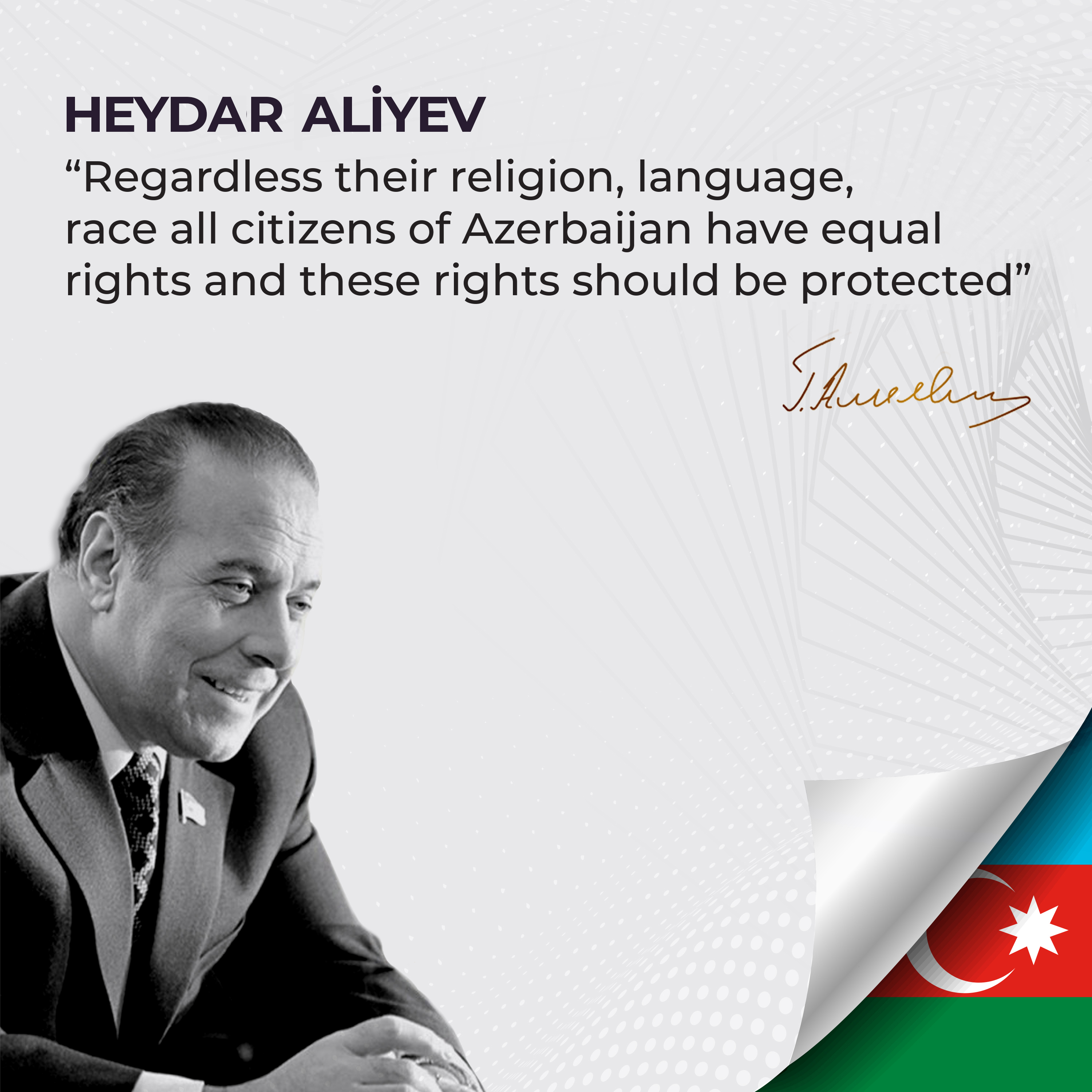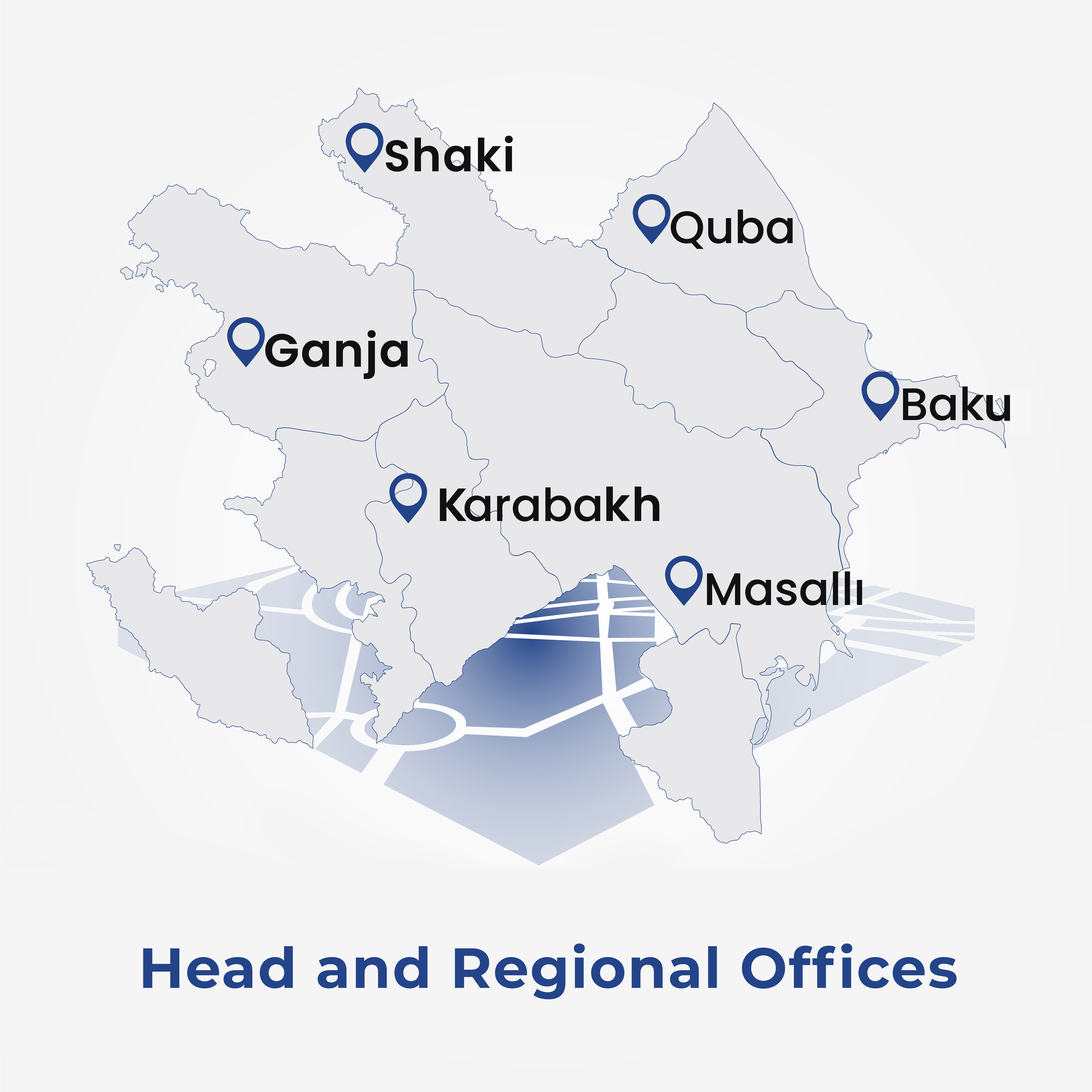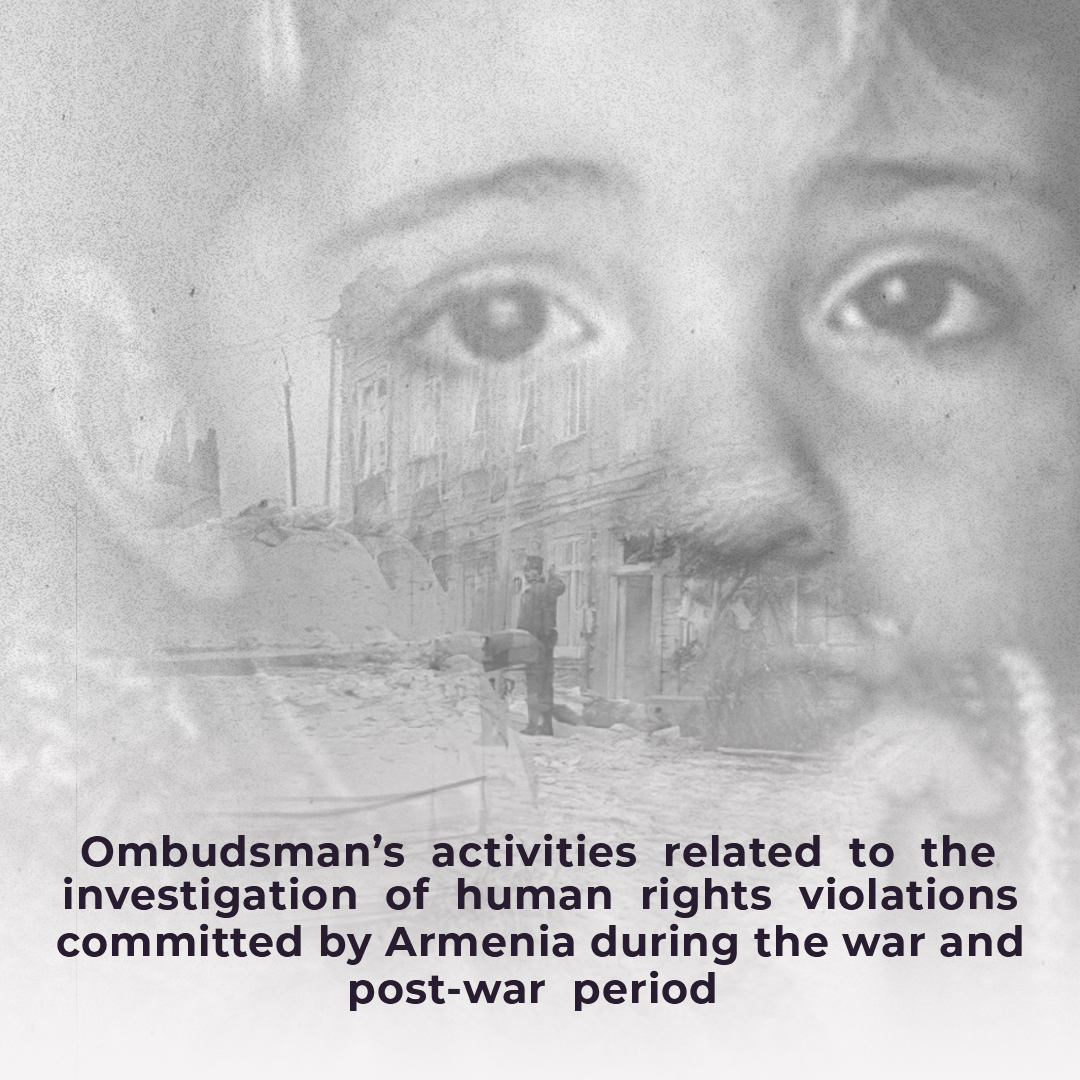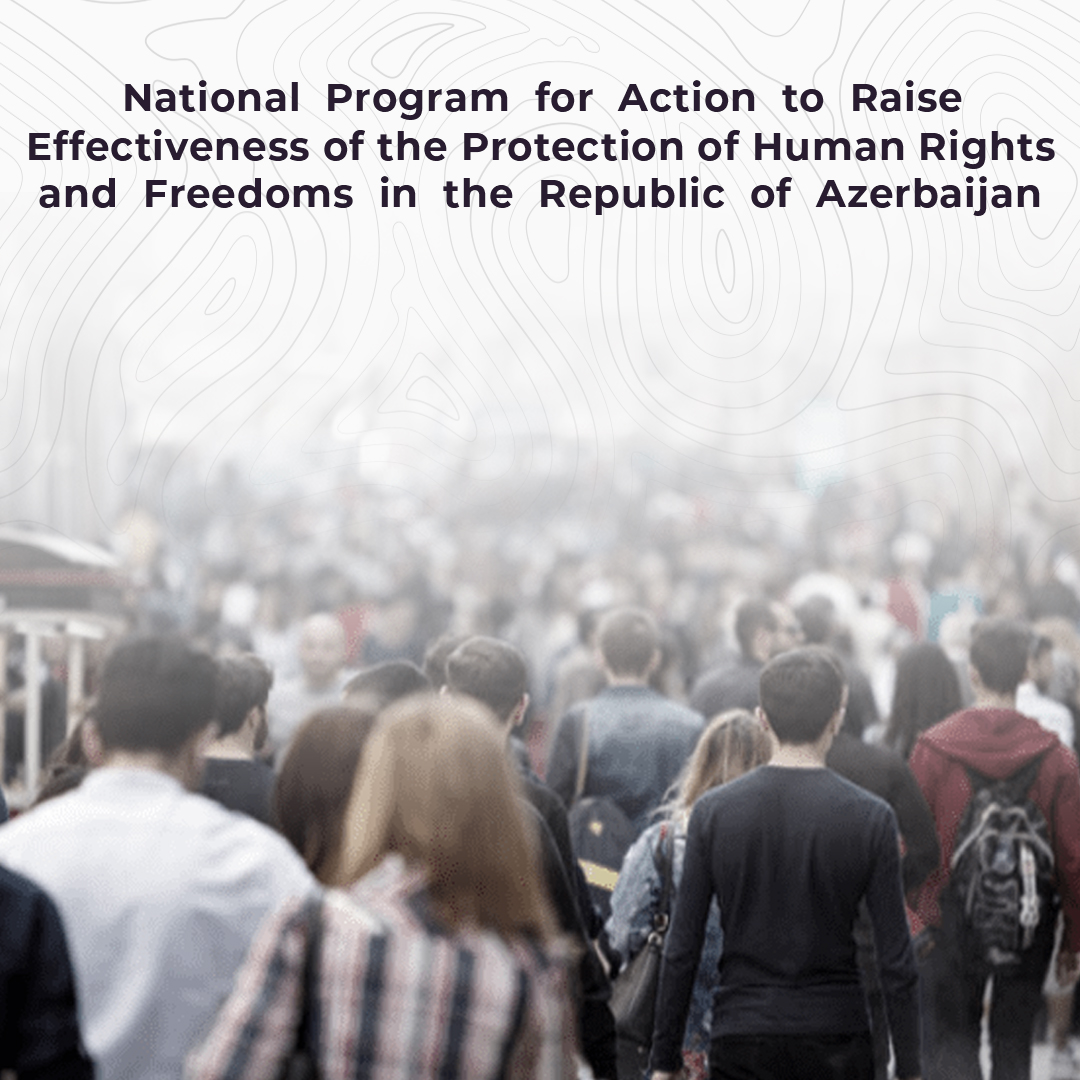MANDATE AND FUNCTIONS OF THE OMBUDSMAN
AS THE NATİONAL PREVENTİVE MECHANİSM (NPM)
The Requirements of the UN Convention Against Torture and Other Cruel, Inhuman or Degrading Treatment or Punishment ” Optional Protocol (OPCAT) and national legislation:
In order to prevent torture, the main requirement of the Optional Protocol (OP) is the establishment of a system of regular monitoring visits conducted by independent international and national authorities to places of deprivation of liberty (adopted by UN General Assembly Resolution 57/199 of 18 December 2002, effective 22 June 2006, after ratification by 20 states). OP emphasizes the importance of constructive dialogue and establishes a preventive attitude rather than a reaction-based attitude to regulated relationships. OP's innovation is also manifested not only in the restoration of any new rights or standards or infringement rights, but also in the prevention of violations of the current standard, the right not to be subjected to torture.
As the most convenient way to prevent torture, it is to establish a system of independent and regular visits for monitoring the treatment and conditions of detention of persons detained in all places where persons cannot leave at their own free will, which is the main idea contained in the said document. According to the OPCAT, international and national bodies with a preventive mandate are established – the Subcommittee and NPMs. The Subcommittee on Prevention of Torture and other Cruel, Inhuman or Degrading Treatment or Punishment (SPT), established internationally, is a new kind of UN treaty body.
According to Article 17 of the OP, the NPM, which must be maintained, designated or established by each State Party no later than one year after the entry into force of the protocol or of its ratification or accession, – is an institution that conducts regular monitoring of the treatment and conditions of detainees held in places of deprivation of liberty at the national level. The mandate of the NPM includes at least the following:
- To investigate the issues of treatment of persons deprived of liberty on a regular basis;
- Making recommendations to the relevant institutions for improving the standards of treatment and detention conditions of persons deprived of their liberty in compliance with UN norms, and preventing torture;
- To submit proposals and notes on current legislative acts and draft laws;
For the successful implementation of the specified mandate, when establishing the NPMs, it is a prerequisite to ensure their functional and staff independence.
OP was signed by the Republic of Azerbaijan on September 15, 2005, and ratified by the Law dated December 2, 2008.
From the date of publication of the said law - January 15, 2009, the OP entered into force in relation to the Republic of Azerbaijan. On that date, by the Decree of the President of the Republic of Azerbaijan, it was determined that the functions of NPM were performed by the Commissioner.
The Commissioner's attention to the issues of combating and preventing torture, organizing preventive measures, and raising awareness has been one of the deciding factors for the functioning of the NPM, as well as the fact that this establishment is independent and impartial.
The need to organize activities more efficiently and qualitatively against the background of new and sufficiently responsive tasks has prompted the expansion of the Commissioner's mandate and the authority of the staff. With additions and amendments to the Constitutional Law, the scope of the Commissioner's authority and independence were brought to compliance with the requirements for NPMs in the OP, as well as issues such as the establishment of a National Preventive Group (NPG) based on transparent procedures in the Office for the purpose of carrying out the Commissioner's activities as NPM, requirements for its Members, and guarantees of their rights and immunity.
According to the Constitutional Law, the right of the Commissioner and Members of the NPG to access, at any time, without hindrance and prior notification, state bodies, municipalities and other institutions, military units, police agencies, and places where the detainees cannot leave at their own will; to meet and converse with detainees or former detainees, as well as any other person who can provide relevant information, one-on-one or, if deemed necessary, with the presence of a specialist or an interpreter; to review and obtain copies of all documents confirming the legality of the detention of detainees, as well as those related to the treatment and the conditions of their detention; to draw up a report and document the progress and results of the actions undertaken; to make photo, audio, and video recordings using technical means; to make relevant recommendations to the competent state bodies and receive responses to those recommendations within the specified time is e nshrined in the aforementioned law.
It should be noted that other legislative acts have been improved in the past years in order to organize the Commissioner's activities as an NPM at a high level. Thus, the aforementioned powers of the Commissioner and the NPG are duly established in related legal and normative acts.
It should also be noted that proposals, petitions, and complaints addressed to the Commissioner of the detainees, including convicted persons, are not subjected to sencorship and are sent on a case-by-case basis no later than one day. Applications addressed to the NPG by the convicts, who do not have funds in their personal accounts, are sent at the expense of penitentiary institutions.
Organizational issues:
At present, the NPM functions are carried out primarily by the Department for Prevention of Torture established in the Office.The structure of the department includes 4 units:
- Monitorings Unit
- Legal Analysis and Reporting Unit
- Unit for Protection of the Rights of Detainees and Prisoners
- Unit for Protection of the Rights of Military Servicemen
A number of staff members of the Department are also Members of the NPG.
The main activities of the department, whose work is guided by such principles as respect for human and citizen’s rights and freedoms, publicity, transparency, rule of law, justice, impartiality, humanism, and confidentiality, are as follows:
- To organize the Commissioner's activity as an NPM;
- To ensure the development of work for the prevention of torture;
- To promote the work of the prevention of torture.
Activity directions
The activity of the Azerbaijani NPM consists of the following four main areas:
- Preventive visits – refer to visits carried out in a regular, scheduled, and unscheduled manner and without prior notice to places where persons cannot leave on their own will;
- Legal analysis – refers to theoretical and practical analyses of the relevant work, information, recommendations, and suggestions, the existing and draft legislative acts; summing up the results and producing the relevant recommendations;
The NPM Reports so far reflect more than 200 proposals and recommendations aimed at improving legislation and addressing organizational problems, with up to 70 percent of them having been implemented or practically addressed.
- Legal Education - is the process of organizing legal education operations for the HRCA staff, NPG members, employees of the places, where persons cannot leave on their own will, persons held in those places and student-attendants of the relevant education institutions and academies as well as preparing and dispensing visual materials to promote activities for the prevention of torture;
- Public affairs and international cooperation – refer to the exchange of information with national, regional, and international organizations, as well as with NPMs of other countries, mutual participation at events, the organization of joint events, and the promotion of NPM activities in the media and social media accounts.
In addition to this, it should also be noted that the NPM activities of the Commissioner are closely linked to the Commissioner's mandate to review complaints. Thus, the information collected during the investigation of applications received by the office, including the specific workload of complaints on institutions and agencies, was used as a guideline when planning and implementing preventive measures.
The results of the Commissioner's activities, successes, suggestions, and recommendations for the following areas are reflected in his/her special reports. Reports from past years have been published and distributed in Azerbaijani and English.
In a capacity of the NPM, the Commissioner cooperates with the UN and its Treaty Bodies, the Council of Europe, the European Union, the OSCE, the United Nations Subcommittee on the Prevention of Torture (SPT), the European Committee Against Torture (CPT), the Association for the Prevention of Torture (APT), and other organizations, local and international experts, and the NPMs from other countries.
In addition to legal awareness in the framework of this cooperation, measures are taken to increase professional capacity-building of the NPG Members, improving the quality of work by inviting foreign specialists, exchanging international experiences. As a consequence of the wide range of opportunities created for NPG Members to participate in local and international events, including training, workshops, and seminars, our activities continue to be improved.





